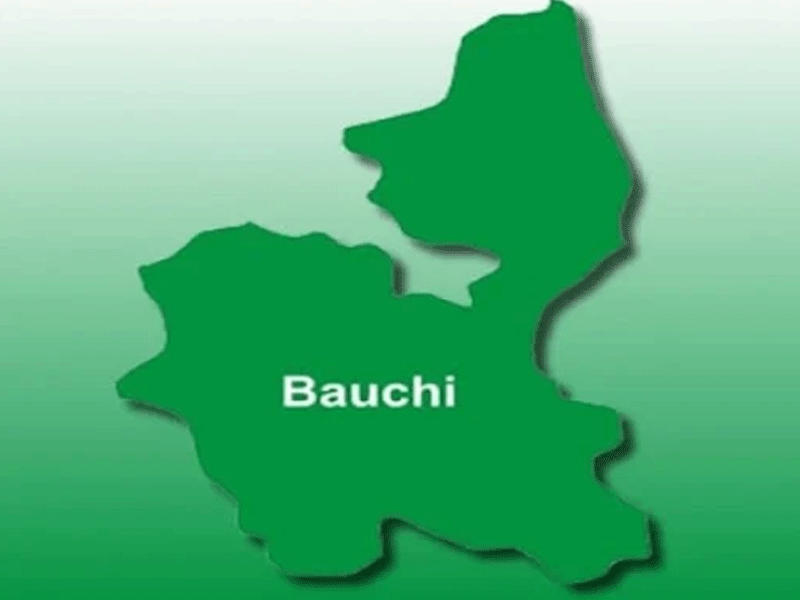Latest Headlines
Bauchi Students Struggle with Learning As 207 Govt Schools Have No Teachers

Segun Awofadeji in Bauchi
Basic Education in Bauchi is in bad condition, with 207 public schools across the 20 local government areas having no single teacher.
The figure represents 6.3 per cent of the total number of public schools managed by the state and local governments.
Sixteen thousand five hundred three male and female teachers manned the entire public schools in the state.
There are 9,104 male teachers and 5,406 female teachers, totalling 14,510. The total number of classrooms is 14,499, while the useable ones are 13,067.
Available statistics show that the total number of teachers with certification in the English Language is 3,416 representing 21 per cent, while the number of teachers with certification in other Nigerian languages is 1,232 representing 7.5 per cent.
To improve the data, the USAID-funded LEARN to Read project advocated the need for the Bauchi State House of Assembly (BAHA) to support the additional budgetary allocation to Basic Education.
This, according to the project, would go a long way in changing negative narratives.
The project’s budget planning and policy reform specialist, Abdullahi Abubakar, gave the indication in Kano at the just concluded two-day orientation for the state legislators on their oversight roles.
Abubakar said the lawmakers’ support in improving the basic education budgetary allocation was needed the most towards addressing the myriads of problems in the education sector.
In a paper, ‘Role of Legislature in Improving Basic Education’, the Abubakar said lower-level teaching and learning was in bad shape, as the Bauchi government’s expenditure on each primary and junior secondary school pupil in the 2019/2020 session was ₦19,264. It dropped to ₦13,030 in the 2020/2021 session.
However, in the 2019/2020 session, the total amount spent on each senior Secondary school student was ₦6,089. The figure decreased to ₦5,854 in the 2020/2021 session.
Whereas on a single tertiary institution student in the 2019/2020 academic session, the state government spent ₦179,770, it sharply rose to ₦229,633 in the 2020/2021 session.
In the 2019/2020 session, the total budget by the Bauchi government in education and non-education was ₦124,643,279,717, while in 2020/2021, the state increased it to ₦178,117,693,381. Total expenditure on education in the 2019/2020 school year is ₦9,730,295,769 representing eight per cent, and in the 2020/2021 school year, the state government expended ₦17,301,896,892, representing 10 per cent.
In an interview, Bauchi assembly speaker, Hon. Abubakar Sulaiman, expressed shock at the presented data and assured of the 10th assembly’s resolve to reverse the trend.
Sulaiman said, “Every one of us here is touched, and by the grace of the Almighty when we return home, by these presentations of very rich papers from different resource persons, we’ll return as changed personalities in our various constituencies because we learned a lot and we’ll make sure that we bring the needed change to our people.”
The project’s focus in Bauchi is to ensure that pupils in Primary 1 and Primary 2 can read and write in the language of their immediate environment, particularly Hausa.










